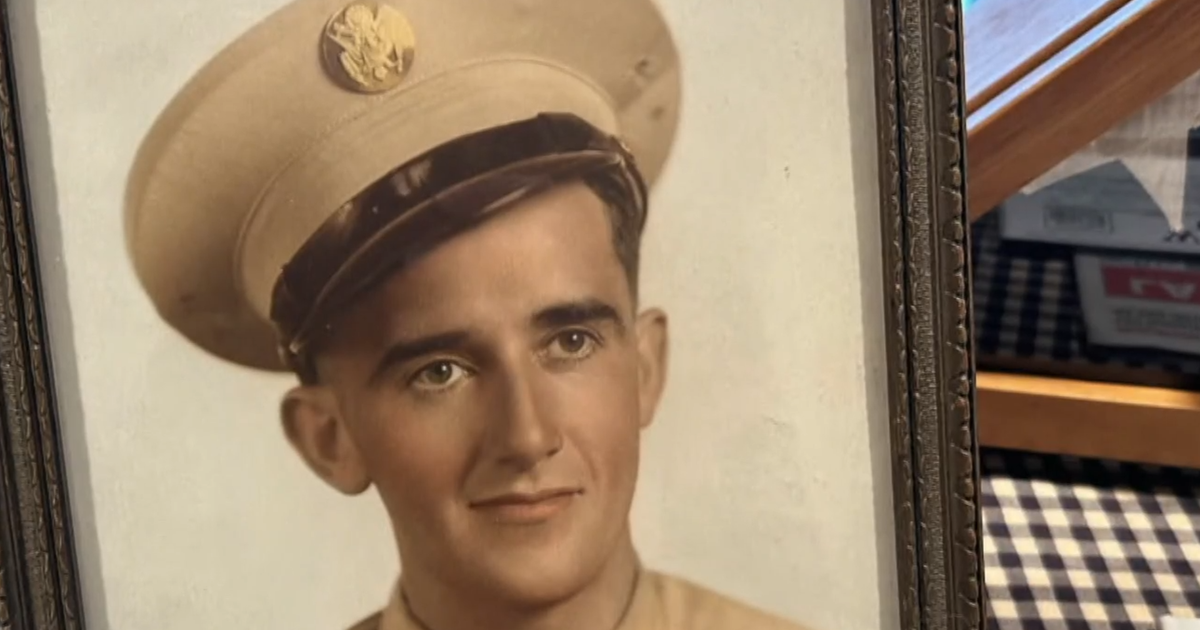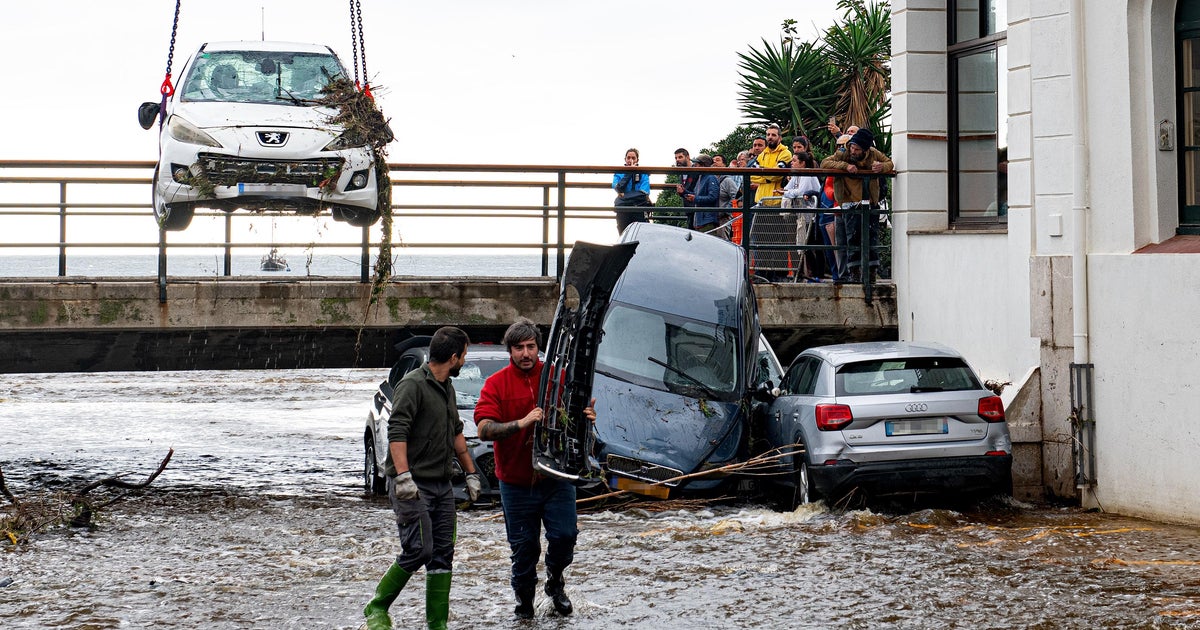Desperate Syrian refugees are resorting to selling their organs on the black market just to pay rent
"Selling Organs to Survive" is the winner of the 2020 Webby Award for Social, News and Politics (Video).
More than 3 million Syrian refugees have crossed the border into Turkey to escape the violence in their country. While they may now be physically safe, financially, they are anything but. Some find it so difficult to make ends meet in their new home that they've taken to selling their organs just to pay rent.
In "Selling Organs to Survive," part of the "Down to Earth" documentary series, CBS News foreign correspondent Holly Williams and producer Haitham Moussa traveled to the border of Turkey to investigate posts on Facebook offering desperate refugees money for their kidneys and livers. Using hidden cameras, they uncovered a sobering tale of black market actors preying on a vulnerable population – and often cheating them out of the meager funds they were promised after the deed was done.
Abu Abdullah fled Syria and its civil war four years ago. Now, he scrapes together a living as a metal worker in Turkey, earning just $300 a month.
When Abdullah saw a post on Facebook offering money for human organs, he was in dire enough financial straits to make a deal with an organ broker to sell one of his kidneys for $10,000.
He told CBS News that, in the end, the organ broker only paid half the agreed upon price, disappeared and disconnected the phone line they had been communicating on. What's more, Abdullah says he was given no after care and is often in pain.
Williams also spoke to a single mother of three named Umm Mohammed, who sold half of her liver for $4,000.
"So you used the money to pay your rent?" Williams asked.
"I made enough to pay the year's rent I owed," she responded, "and another year in advance."
It's illegal to buy and sell human organs in Turkey, and organ donors normally have to prove that they're a close family member of the recipient. So, in cases like these, desperate refugees have to use counterfeit documents and pretend that they are related to the recipient of their organs, when they in fact aren't.
Abdullah believes the man who paid for his kidney was from Europe. He says 30 minutes before his surgery, the hospital asked him to verbally confirm that they were cousins.
As for the necessary documents, CBS News was told the sort of high quality counterfeits needed to skirt Turkish laws could be purchased for just $200.
Now, Turkish police are cracking down on the illicit practice, focusing on arresting the middlemen. But one middleman, filmed with a hidden camera, told CBS News he's handled dozens of organ transplants and he's still in business, trading on the desperation of Syrian refugees.
"They live in very poor conditions. Maybe no roof, no food at some nights," Yakzan Shishakly, a Syrian-American businessman, told CBS News. "And they will be there for society to take advantage of."
Shishakly has set up an organization in Turkey to help struggling refugees. He says he's not surprised that some Syrians have resorted to selling their organs.
"They have no options," he explains. "So they're thinking, if we die it's fine. At least I'll get some money to give to my family."




